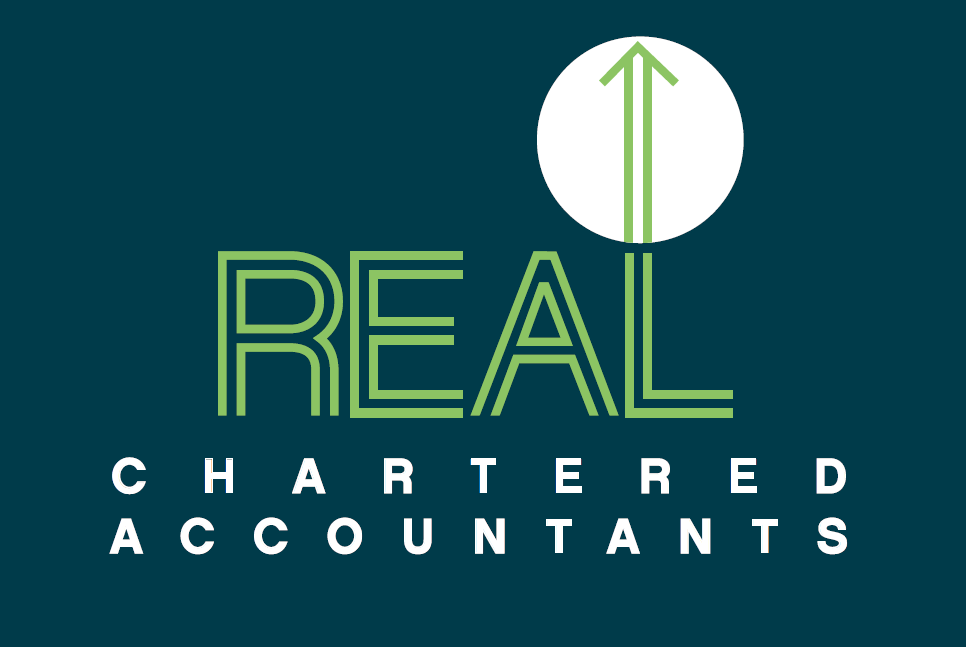NEWS
The Investment Boost & What it Means for Your Business

Following Nicola Willis’s Budget announcement on 22 May 2025, several key initiatives stood out—one of the most talked-about being the Investment Boost. This new scheme has raised several questions around how it works and what it means for different businesses and situations.
The aim of the Investment Boost is to encourage businesses to invest in new capital assets by offering an upfront 20% tax deduction, making investment more affordable. This is intended to improve productivity, lower the cost of capital, and stimulate economic growth across all sectors of the New Zealand economy.
Eligibility of assets
- It must be a new investment asset—meaning it is newly acquired, has never been used or available for use in New Zealand, and is not trading stock.
- The asset must be first available for use in NZ on or after 22 May 2025 (for depreciable property), or the expenditure must be incurred on or after this date (for non-depreciable property).
- It must be used for business purposes.
Excluded assets include dwellings, fixed-life intangible assets and mining rights or permits.
Example of deduction
Purchasing a new asset (100% business use) - September 2025 (6 months), $50,000 excl GST
Step 1: Apply the 20% Investment Boost
· Investment Boost deduction = 20% × $50,000 = $10,000
· This is claimed in the 2026 tax return.
Step 2: Adjust asset cost for depreciation
· New base for depreciation = $50,000 − $10,000 = $40,000
Step 3: Calculate first-year depreciation
Assuming the asset is used for 6 months in the 2025–26 income year:
· Depreciation = 25% × 6/12 × $40,000 = $5,000
|
Before Investment Boost |
After Investment Boost |
||
|
Income |
|||
|
Sales |
200,000 |
200,000 |
|
|
Less Expenses |
|||
|
Rent |
40,000 |
40,000 |
|
|
Repairs & Maintenance |
20,000 |
20,000 |
|
|
Wages |
35,000 |
35,000 |
|
|
Investment Boost |
10,000 |
||
|
Deprecation - 6 months |
6,250 |
5,000 |
|
|
Total Expenses |
101,250 |
110,000 |
|
|
Taxable Profit |
98,750 |
|
90,000 |
|
Tax payable - 28% |
27,650 |
|
25,200 |
|
Tax Saving |
|
|
2,450 |
Impacts when selling
The New Zealand Investment Boost accelerates depreciation, meaning the recorded 'book value' of an asset will likely fall faster than its actual 'market value'. Should you sell an asset that has benefited from the Investment Boost and associated depreciation, and the sale price is higher than its current book value, this surplus is treated as 'depreciation recovered'. This recovered amount is considered taxable income, essentially clawing back the tax advantage gained from the Investment Boost and depreciation in previous tax periods.
The Investment Boost is a powerful new incentive designed to help New Zealand businesses reduce the upfront cost of investing in new assets. By allowing a 20% immediate tax deduction, it not only lowers taxable income in the year of purchase but also provides meaningful cash savings—particularly for businesses ready to expand or modernise. However, it's important to understand the eligibility criteria, how it interacts with depreciation, and the potential tax implications when the asset is eventually sold. While the scheme offers clear benefits, it also requires careful planning and tracking. For many businesses, the Investment Boost could be a valuable tool to support growth—but it pays to get advice to make sure it's applied correctly.
Disclaimer
This information is intended to provide general advice only. We recommend you discuss your specific situation with your Accountant.









